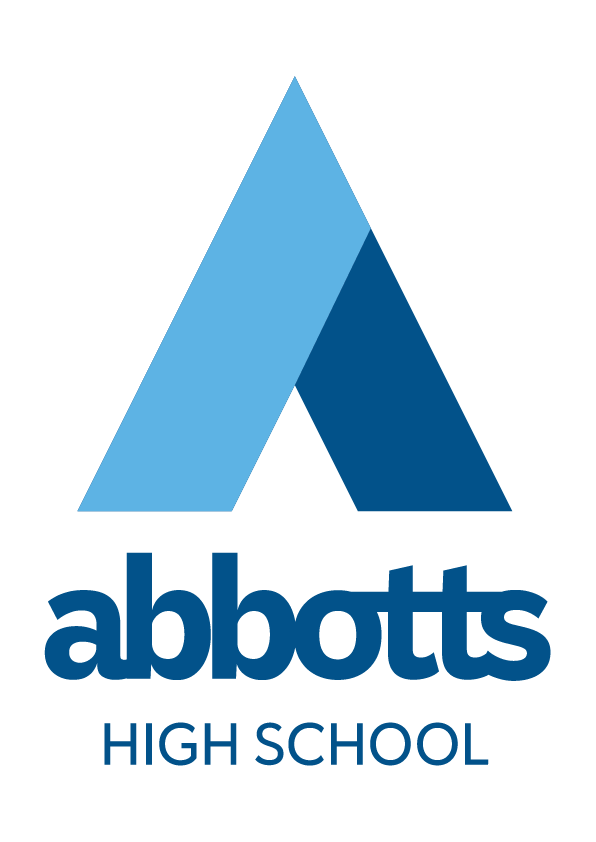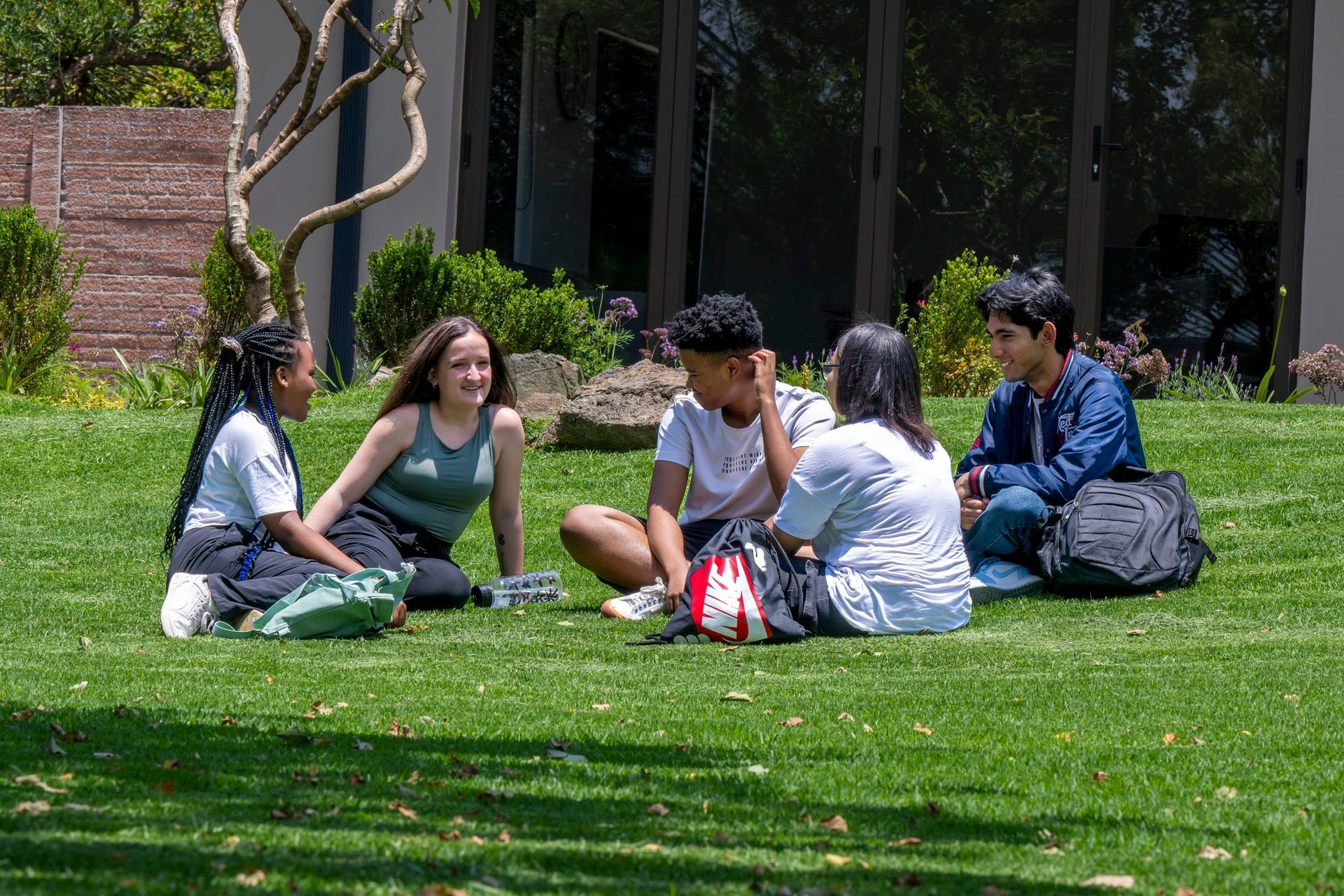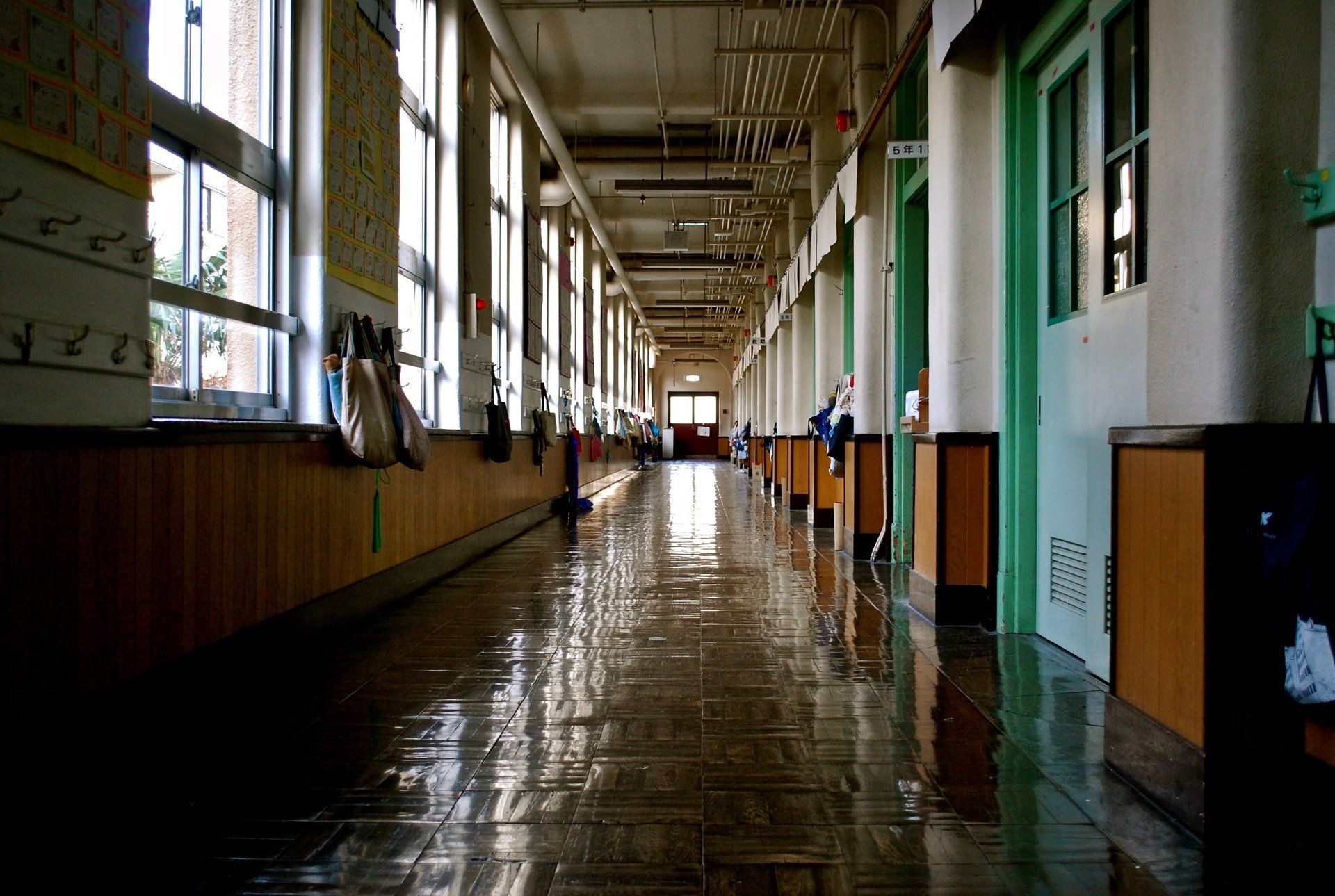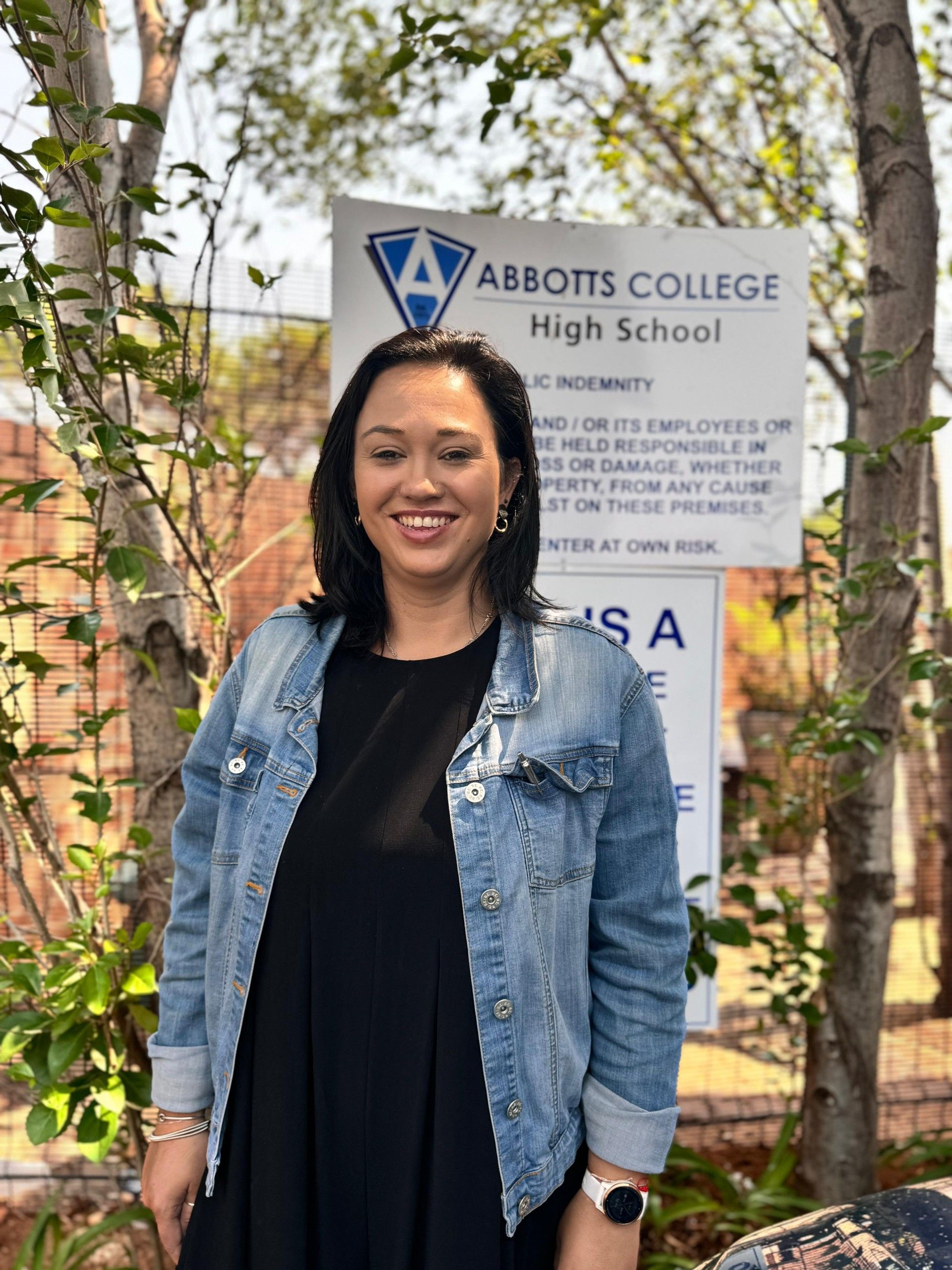Junior high roadmap: Take the long view but make every day count
March 9, 2021

High school is an exciting if sometimes scary and demanding stage of a young person’s life, and it requires of them to balance a daily focus on learning and academic work while also continuously considering their future and where they are headed.
Centurion Campus
Claremont Campus
Joburg South Campus
Northcliff Campus
Pretoria East Campus
These competing considerations – the focus on now while also not losing sight of tomorrow – can cause uncertainty and anxiety, but using a framework on the way can have a significant impact on creating peace of mind and successful outcomes, says Dr Gillian Mooney, Dean: Academic Development and Support at The Independent Institute of Education, SA’s largest and most accredited private higher education provider.
“By getting into the right frame of mind, and armed with a daily plan of action, you can incrementally build your way towards great results in Matric, and opportunities that align with your vision thereafter,” she says.
“What Covid has made clear, is that we need to use every day to our advantage. Small wins compound, but if you procrastinate, you might just find yourself in an impossible position down the line.”
Dr Mooney says junior high school students should strategise for thelong game, and combine that with short-term action plans so that they are able to start senior high in as strong a position as possible, by doing the following:
KEEP ON TOP OF THINGS EVERY DAY
“Make sure that you master the work done in class every day. Do your homework to the best of your ability, and if there are concepts you don’t understand, ask for help and assistance until you do. Don’t push things to the side and think you are going to deal with them later, because later you may just have too many things to deal with and then you’ll start feeling overwhelmed.
“By doing a little bit every day to cement new knowledge, you are building a strong foundation for the future, and your learning muscles and confidence are strengthened.”
DON’T GO OFF THE RAILS – ASK FOR HELP
High school comes with a host of firsts – good ones and not so good ones, notes Dr Mooney.
“You’ll be faced with exciting new opportunities but also temptations. Don’t lose sight of what you are building towards, and always consider how your choices will impact on your future. Your freedom will be increasing, but so will your responsibilities. Make wise choices and enjoy your journey towards adulthood, while also being careful not to make choices that can turn into hurdles down the line. In particular, be extremely circumspect where social media is concerned as small missteps can have huge consequences.
“If you find yourself struggling – academically, mentally, emotionally, physically – know that there are many avenues you can turn to for help. There could be trusted adults in the community, teachers, organisations and even online resources to which you can turn. Don’t despair if you are finding yourself in a difficult spot. There are support and resources available, so keep looking for help until you find it.”
CONSTANTLY EVALUATE WHERE YOU ARE HEADED
You may have an idea of what you want to do when you Matriculate, or you may not. Whichever it is, junior high school provides the opportunity for you to consider your options while you still have plenty of time.
“Keep in mind that you will need to make subject choices in Grade Nine, which will impact greatly on your options after you finish school,” says Dr Mooney.
So as you progress through the days, weeks and months of junior high, consider where your strengths lie, and how these might match up to a future career.
“This is why it is important to not leave your investigation of your future studies until Matric, because by then you may have dropped the subjects you would have needed to apply for your qualification of choice. If you think you are terrible at Maths and want to drop it as soon as you are able to, consider which careers you will be ruling out if you do so.
“If you don’t know the answer to that, it is worth finding out by for instance doing online research, or speaking to student advisors at higher education institutions about fields that interest you, and what the entry requirements for those would be.”
START TO BROADEN YOUR HORIZONS
The world is evolving rapidly and by the time junior high learners matriculate, it will look completely different from the way it looks today.
In junior high, young people should start developing themselves holistically, and start learning about things outside of their current field of experience and frame of reference. For instance, they can start keeping up with the daily news so that they know what’s going on in the country and the rest of the world. They could also start cultivating a hobby to develop their creative side and ensure they get regular exercise through group or individual sport.
“You are now at the stage of your life where you are starting to develop into the adult you will become. As the saying goes - with some creative licence taken here - there are things we know, things we don’t know, and then things we don’t know we don’t know. Your school will be teaching you about the things you don’t know, but it is your responsibility to be curious about the world and start finding out about the things you didn’t even know you didn’t know.
“You may find that there is a whole world of opportunities that get you excited in terms of your future, that you were never exposed to before. So every day, do your best to ensure you continue to grow academically, while also firmly considering where you are headed by researching where the world is moving and where your future opportunity might lie.”
Catering for students from Grade 8 – 12, Abbotts College High School guarantees academic success and excellence in a non-traditional but structured environment where individuality is valued. Abbotts College has 5 campuses across South Africa. Join one of our Open Days at a campus near you.

As the preliminary and final examinations approach, both students and parents or guardians often experience heightened anxiety and stress. This guide provides practical strategies to help parents and guardians support their children through this critical phase of their academic journey. 1. Foster Effective Organization Create an environment conducive to studying by providing a quiet, well-lit study space equipped with essential stationery. Collaborate with your child to develop a structured study timetable to set clear expectations and promote disciplined preparation. Encourage the use of resources such as past question papers, which serve as valuable tools for revision and practice. 2. Maintain Daily Check-Ins Schedule regular, intentional conversations, such as during dinner, to discuss your child’s progress. Inquire about their experience with the day’s examination paper, adherence to their study schedule, and their feelings about upcoming tests. These check-ins foster open communication and allow you to gauge their emotional and academic state. 3. Minimize Distractions Help your child stay focused by keeping electronic devices like phones, tablets, and gaming consoles out of reach during study sessions. Set boundaries on screen time and social media access to prevent procrastination. While challenging, limiting Wi-Fi access during study hours can significantly enhance productivity. 4. Support Emotional Awareness Encourage your child to identify and articulate their emotions, such as anxiety, stress, or fatigue . Recognizing these feelings is the first step toward addressing them effectively. Discuss coping strategies to help them navigate emotional challenges during this period. 5. Teach Self-Regulation Techniques Guide your child in practicing self-regulation to manage stress. Techniques include: Breathing Exercises : Inhale deeply for four seconds, hold for four seconds, exhale for four seconds, and repeat. Sensory Focus : Identify five things they can see or hear to ground themselves in the moment. Tactile Stimulation : Hold a cold object to shift focus and reduce anxiety. These methods can help your child regain calm and focus during stressful moments. 6. Promote a Balanced Routine Prolonged study sessions late into the night can lead to burnout. Monitor your child’s study habits and encourage breaks to maintain balance. Plan activities such as outings with friends, a family meal, or short recreational periods with access to devices. Engaging in non-academic activities, like helping prepare dinner, can provide a refreshing change of focus. 7. Prioritize Self-Care Support your child’s well-being by ensuring they: Eat nutritious, regular meals. Get at least eight hours of sleep by limiting screen time before bed. Engage in physical activities such as walking, jogging, yoga, dancing, or gym workouts. These practices help alleviate stress and anxiety, which are common during examination periods. 8. Practice Empathy and Patience The examination period can be emotionally taxing for both students and parents. Approach your child with empathy, actively listening and offering guidance without criticism. This fosters a supportive environment, bolstering their mental health and sense of inclusion. By implementing these strategies, parents and guardians can play a pivotal role in helping their children navigate the challenges of examinations with confidence and resilience. Good luck to all the Grade 12 students with the upcoming examinations - you most certainly can do it!

Key Takeaways Personalised learning helps teens thrive by focusing on their unique strengths, interests, and goals. This approach encourages students to take ownership of their studies, building confidence and responsibility. Teachers play a vital role by adapting lessons and feedback to suit individual learning styles. Alternative education models often integrate personalised learning to support students who need flexibility. Whether you’re exploring private high schools in Pretoria , Centurion high schools , high schools in Northcliff , Johannesburg, or high schools in Cape Town with no uniform , personalised learning can help students reach their full potential in any environment. Every young person has a unique story, but in the wrong school, that story might never be realised and celebrated. The right school, however, ensures that each story is heard and every student lives up to their full potential. Enter personalised learning: Environments where young people are seen, supported and encouraged to explore who they are and want to be in the world. When parents and students walk into a school which prides itself on being student-centered, they immediately feel this difference. In my 30 years in education, I’ve been continually inspired by what young people can achieve when given the right tools, space, and support. Success is about so much more than academic results, it also includes emotional and social growth. When students are free to express themselves, they experience deeper learning, and greater personal well-being and self-confidence. This freedom builds communication skills, sparks creativity, and fosters critical thinking, developing them into confident and capable young adults. TAILORING EDUCATION TO INDIVIDUAL NEEDS When schools shift to personalised learning, something transformative happens: Students stop feeling like just another face in the crowd and instead, they become active participants in their education. With tools like MAP assessments, teachers gain valuable insights into where a student excels and where they need support. This data informs learning plans tailored to each student’s pace and style. Some students benefit from short videos or visual aids, while others prefer hands-on tasks or one-on-one support. Platforms like Khan Academy and adaptive learning apps help teachers meet these diverse needs with precision. This model creates a more dynamic learning environment, where a struggling student can revisit a topic until it makes sense. Advanced learners are able to move on to more challenging material without waiting. Each student progresses at their own pace, in a way that works for them. BEYOND ACADEMICS The benefits of personalised learning go well beyond the classroom. Students build emotional resilience when their needs are recognised and met. Social development naturally follows as they take ownership of their learning and grow in confidence. Personalised learning doesn’t demand perfection, but invites growth. Schools become places of discovery, where students study not only the curriculum, but also discover who they are and what they’re capable of. If you are wondering whether high schools can change lives by embracing individuality, just watch a student light up when talking about a subject they love. Look at the learners who feel safe enough to speak up, take risks, and aim higher. UNLOCKING TRUE POTENTIAL When schools see students not as numbers, but as individuals with dreams and potential, education becomes truly impactful. Personalised learning is not a trend, it is a return to what learning should be: human, responsive, and empowering. As educators, parents, and communities, we must create environments where every student feels valued and every voice matters. Because when we embrace students for who they really are, we unlock the door to who they’re meant to become. FAQs How does alternative education in South Africa support personalised learning? Alternative education South Africa supports personalised learning by offering flexible teaching styles that focus on each student’s needs and learning preferences Do any high schools in Cape Town allow students to wear their own clothes? Yes, high schools in Cape Town with no uniform , like Abbotts College Rondebosch, allow students to dress casually, promoting individuality alongside academic success. How does personalised learning work in Centurion schools? Centurion schools like Abbotts College use personalised learning by adapting lessons to suit each student’s strengths and goals, helping them build confidence and achieve better results. How do I decide which high school in Centurion area is best? To choose the best high school in Centurion area , consider the school’s teaching style, support systems, and how well it aligns with your teen’s academic goals and personal growth. Why might parents choose private high schools in Johannesburg for their teens? A5. Private high schools in Johannesburg provide personalised learning, strong academic programmes, and individual support to prepare teens for university and life beyond school.
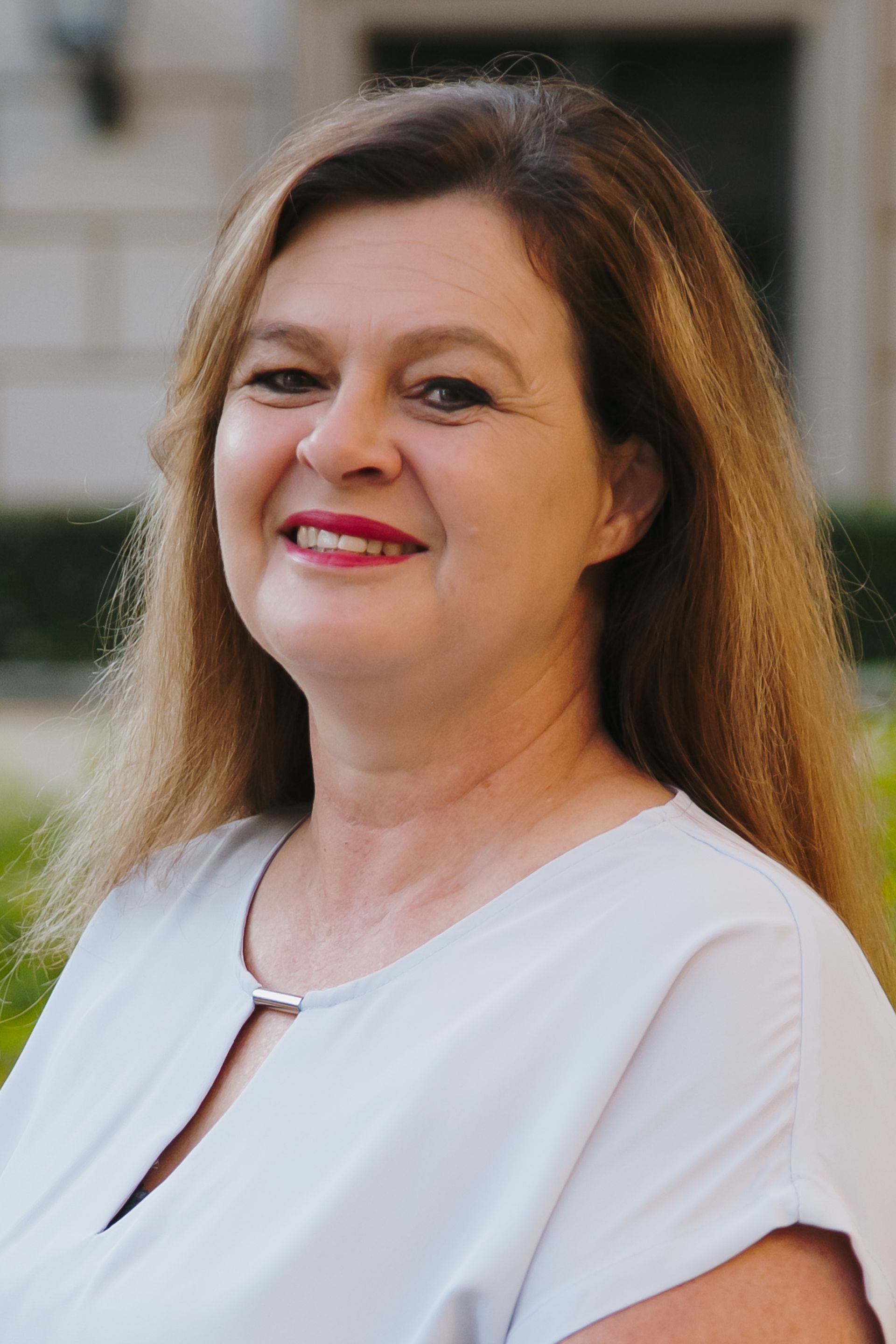
In the wake of the mid-year exams, there is much that parents and students can learn from their results, which should be used to consider the way forward, an education expert says. “I was fortunate to have one child who was very diligent as a scholar, starting to study way ahead of the exams, even from the lower grades, using her midterm break to study year after year. She never had to be asked to go and study and her study breaks were actual breaks from studying,” says Mignonne Gerli, Principal: Abbotts College Pretoria East. “This was not true for all my children. Another of my children thought that studying the day before the exam would do just fine. I remember always catching this child on a study break or as she had just finished studying. I can confidently say that I never, in five years, caught her studying. You can imagine the fights and stress (felt by me) during this time.” As parents, we know how important it is to achieve good results at school. Prior to Grade 11 and 12, students already need to have developed a mature and diligent work ethic. “We know which doors can be opened and which firmly shut, based on your school results,” says Gerli. “For this reason, we fight the good fight which means that exam periods can be extremely stressful and highly unpleasant in many households. We try various methods to cajole our less than diligent children to put effort into their studies and in some cases loathe the day that the reports are published.” Whether exam time is a breeze for you as a parent, with your model child, or absolute hell, with your sweet/funny/kind but less committed child, the end of the exams and results need to be reflected upon. And for those who suffered through the past exams, it is time to come up with different strategies for the next set of exams. “Reflection for those who appear to prepare well for exams, will take the form of considering whether their study methods were effective or if they need help with the way in which they study.” “During these exams, I watched my one granddaughter study. “Not once did I catch her on a break on the days she was with us. What I also noticed was that she studies by copying out the textbook, not something that can be remedied when she is shoulder deep into the exams. This is not an effective way to study and she will definitely need to be taught better study methods in preparation for her next exams.” What have you as a parent noticed about your child’s study methods? Can you assist or will you need a professional to help with better study methods? “Students who achieved excellent results for their exams can reflect on why they did so well and how they can build on this going forward. “The students who put little to no effort into their preparation for the exams, will need guidance and assistance from their parents to try remedy their approach to their work. There needs to be an open, calm discussion about why they did not study for the exams and what would motivate them to study and put effort into their preparation for their next exam session.” Approaches could include: Negative consequences for poor effort, such as having their phones taken away for a period of time, grounding them or taking away certain privileges. Offering a reward for effort, this may be in the form of a cash incentive for improved results or achieving a certain mark per subject, it could be purchasing them something they would like, it could be additional privileges. Reasoning with them, explaining the importance of developing a mature work ethic and achieving good results. This is something teenagers struggle to fully comprehend so some true-life examples of success and failure of family members and friends, when it comes to financial and career success, may be useful here. Go through university courses they may be interested in with them and show them what is required to qualify for the courses. I have found that many teenagers have no idea what is required to gain access to a career they wish to pursue. A reality check is sometimes all they need. Help them think about their future and what they want to achieve in life. It needs to be concrete as having a goal is a great motivator for hard work. Usually, it is the students who have no real vision for their future and what they would like to achieve who struggle to motivate themselves to study. They simply don’t get why it’s important and of value. “Exam time can be very stressful, but taking some time to consider how to make the next exam session less so, and working towards establishing a positive trajectory, can make all the difference for the future,” says Gerli.
